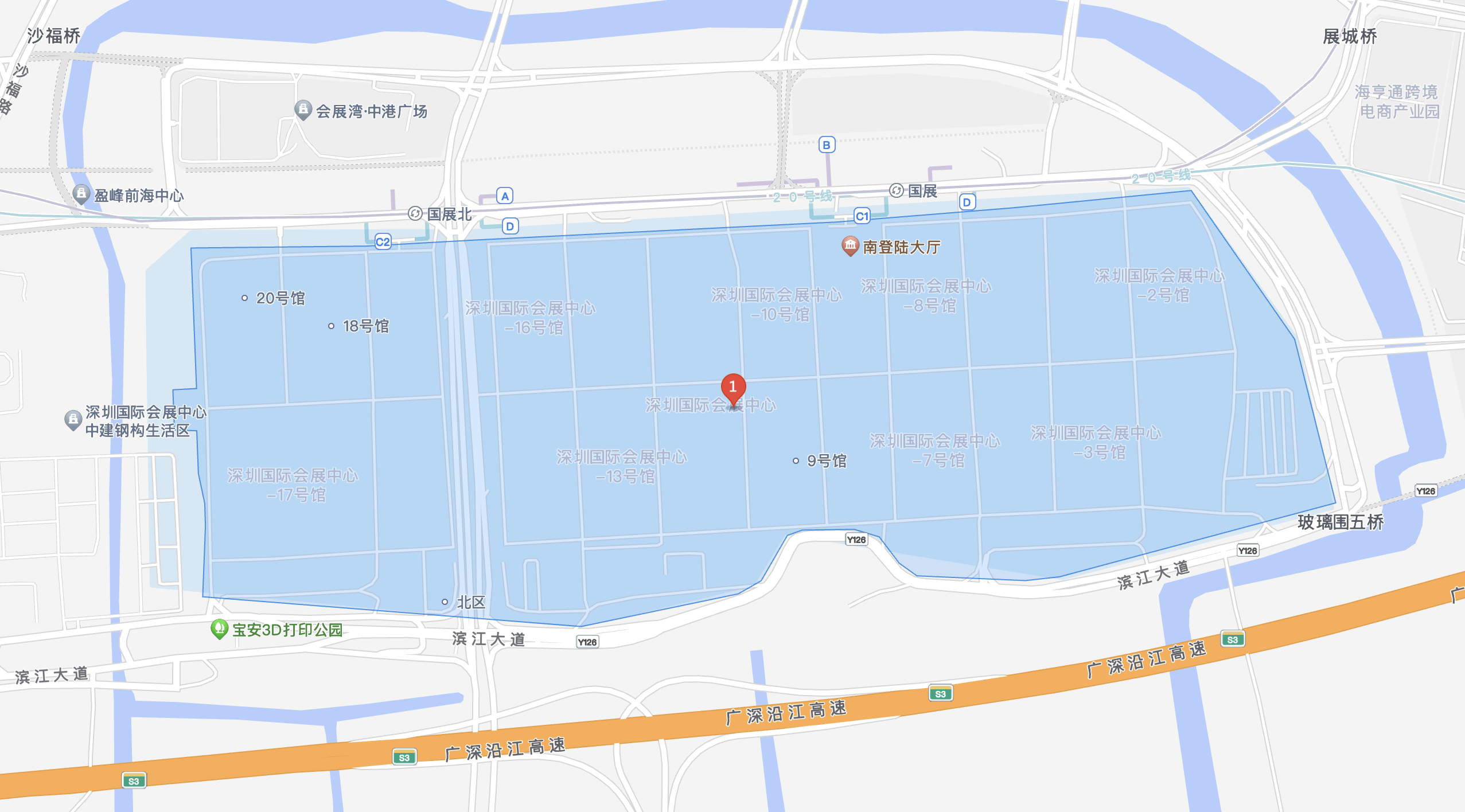On August 28th, the "Technology for Good, Health Without Boundaries" AI+Big Health Innovation and Development Forum was successfully held in the Mangrove Hall of the Shenzhen World Convention and Exhibition Center. Bringing together government leaders, healthcare experts and academicians, and corporate representatives, the forum engaged in in-depth discussions on the innovative applications, opportunities, challenges, and ethical standards of AI technology in healthcare. The forum contributed insights to promoting the deep integration of AI and the big health industry and building an inclusive and efficient health service system.
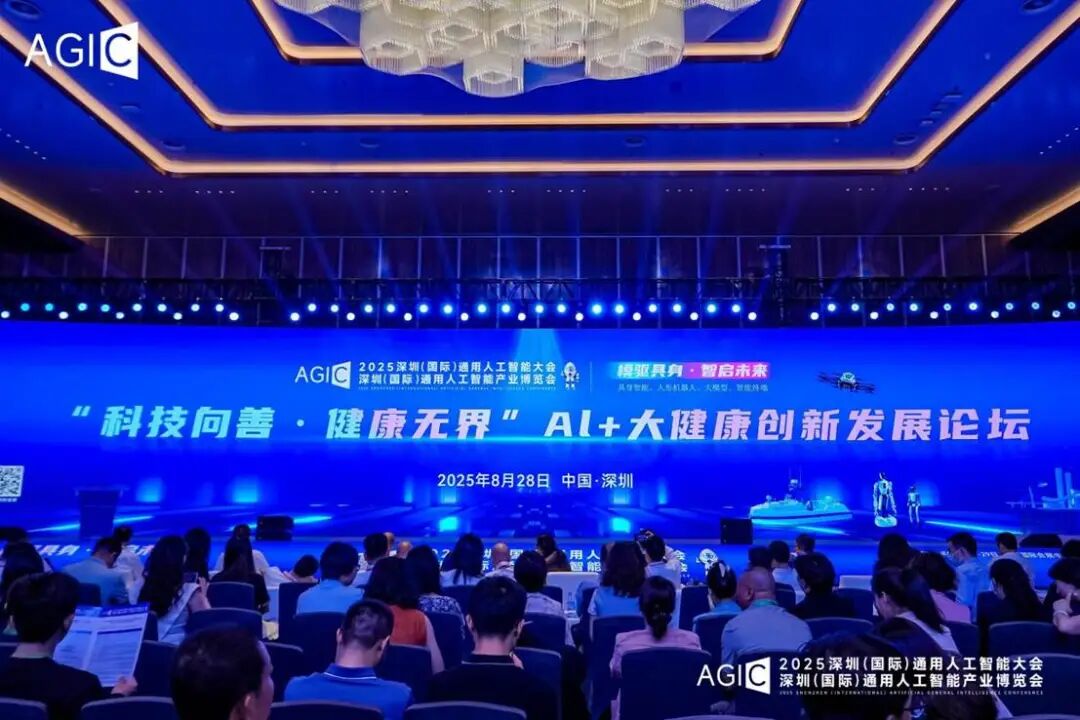
At the conference, Chen Qiong, Co-Chair of the AGIC2025 Conference and Chairperson of the Shenzhen Beauty Cube Health Investment Group, delivered a welcome speech on behalf of the organizers. She stated that the recent State Council release of the "Opinions on Deepening the Implementation of the 'Artificial Intelligence Plus' Action Plan" charts the course for the development of the artificial intelligence industry. Currently, the AI health industry is experiencing a surge in innovative achievements and investment. AI technology is penetrating the entire supply chain, from auxiliary diagnosis and treatment and health management to precision medicine, new drug development, and digital health. This forum aims to build a cross-disciplinary exchange platform, promote collaborative innovation among government, industry, academia, research, and application, and enable AI technology to truly serve the health of all people, realizing the vision of "health without boundaries."
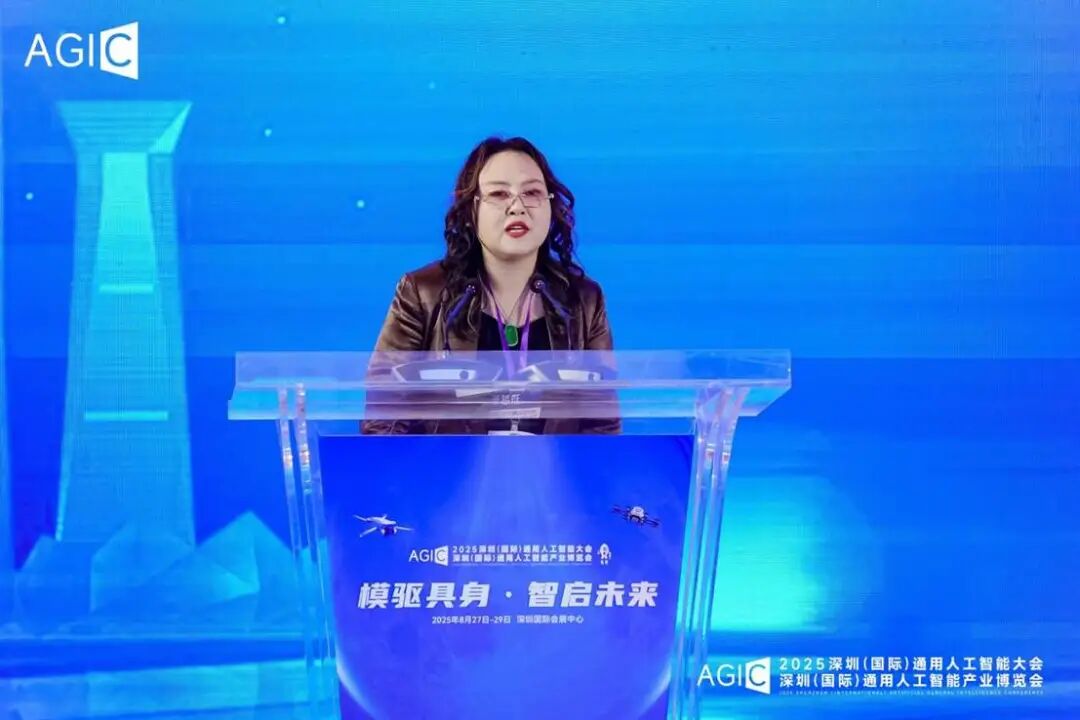
In her speech, Wang Yaowen, Deputy Director and Second-Level Inspector of the Shenzhen Municipal Government Services and Data Administration, affirmed the role of AI technology in driving the digital transformation of Shenzhen's healthcare sector. She noted that Shenzhen has promoted the development of the AI industry through a series of policy measures, the issuance of special funding subsidies such as "corpus vouchers," and the establishment of the Digital Shenzhen Joint Innovation Center. She stated that Shenzhen will leverage the Digital Shenzhen Joint Innovation Center's Health and Healthcare Sub-Center and related AI application innovation platforms to support the development of innovative companies in the AI + Big Health sector and contribute to the creation of a leading national smart healthcare demonstration city.
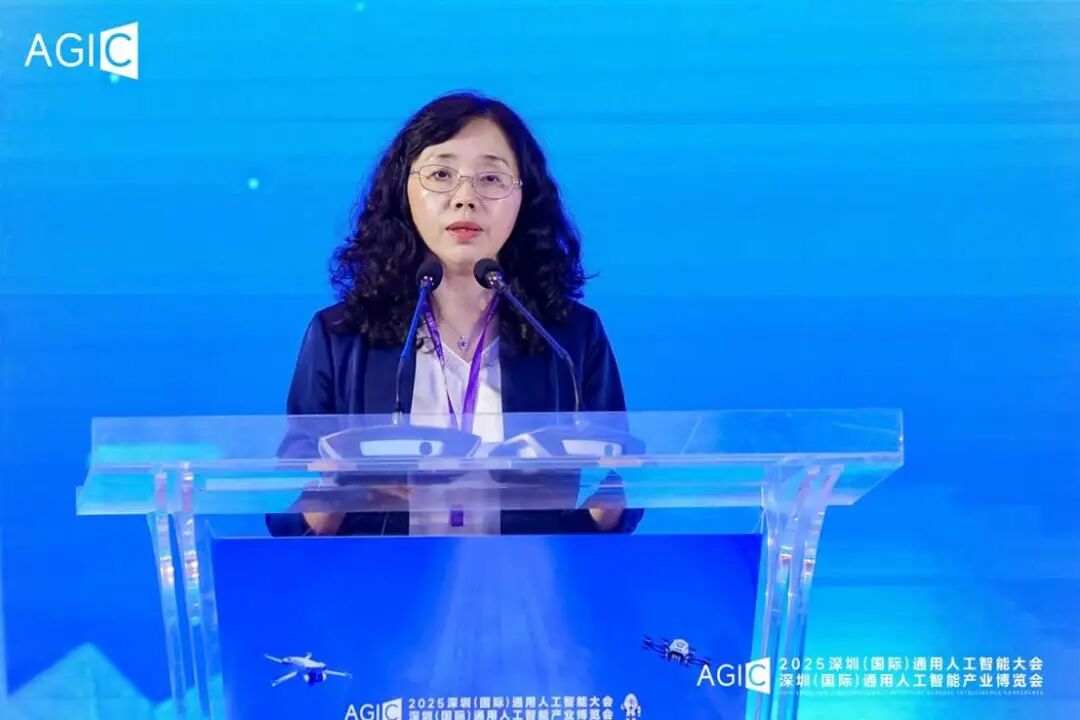
In the keynote speech session, industry leaders and experts and scholars shared innovative insights into AI + Big Health, drawing on cutting-edge practices and research findings. Wang Jiangping, member of the 14th National Committee of the Chinese People's Political Consultative Conference, director of the Second National New Materials Advisory Committee, director of the Electronic Science and Technology Committee of the Ministry of Industry and Information Technology, and former vice minister of the Ministry of Industry and Information Technology, spoke on the theme, "The unique characteristics of the healthcare industry place AI applications in a 'high-pressure zone.'" He conducted an in-depth analysis of data sensitivity, irreversible results, and the complexity of responsible parties in the healthcare sector. He recommended synergizing efforts in five key areas: technical architecture, dataset development, hospital management, patient education, and industry regulation, to achieve human-machine alignment throughout the entire lifecycle of medical AI: research and development, application, and regulation.
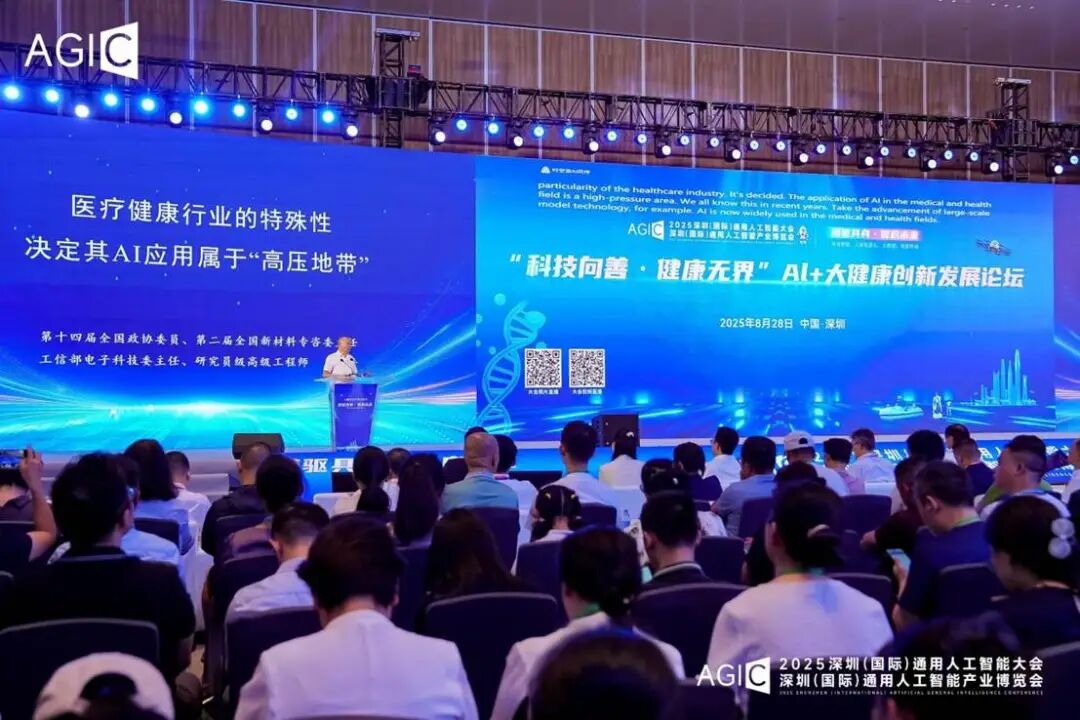
Zhang Xueji, Chair Professor at Shenzhen University, Foreign Member of the Russian Academy of Engineering, and Member of the American Institute of Medical and Biological Engineering, focused on "intelligent biosensor" technology, introducing the development of intelligent products, market potential, and application expansion. He also discussed the application of intelligent sensing and artificial intelligence in multiple fields, as well as the direction and significance of technological development.
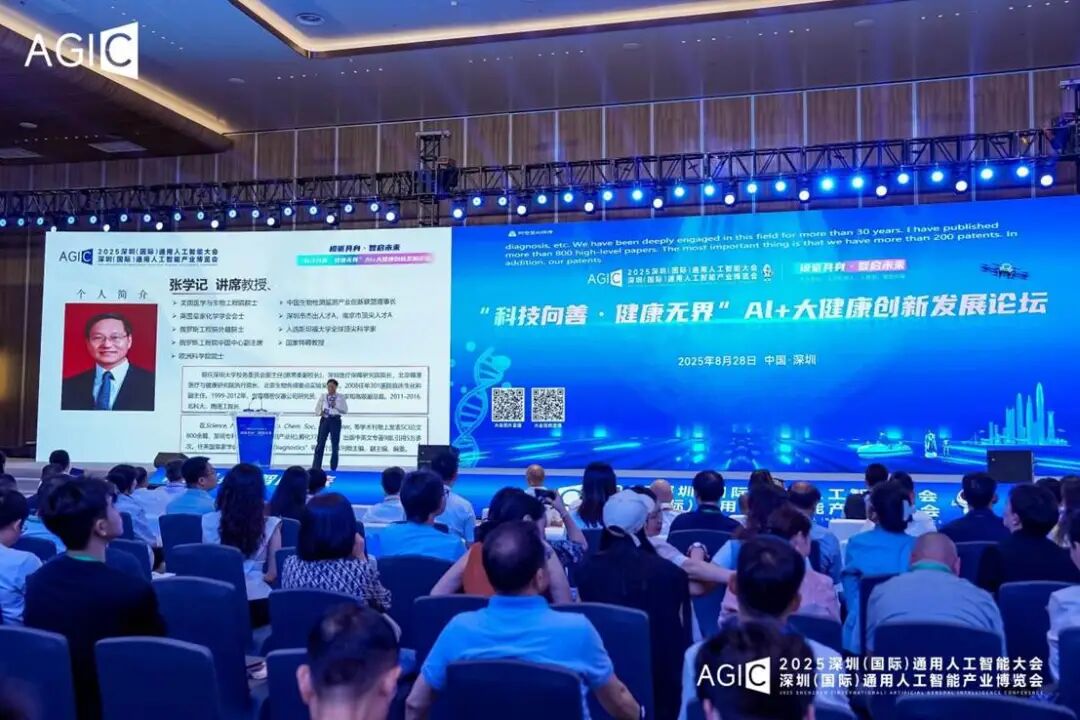
Ao Hushan, member of the 14th National Committee of the Chinese People's Political Consultative Conference, executive vice president of the Chinese Society of Cardiovascular Anesthesiology, and chief physician at the Anesthesia Center of the Fuwai Hospital of the Chinese Academy of Medical Sciences, addressed industry pain points and analyzed the opportunities and challenges facing medical AI in my country. He noted that while breakthroughs have been made in the application of AI technology in the medical field, such as disease detection, surgical assistance, and precision navigation, the implementation of large-scale industry models in the medical field still faces challenges in terms of talent, cost, and safety. He recommended strengthening in-depth cooperation between medical institutions and AI companies to promote the true integration of technology into clinical diagnosis and treatment processes.
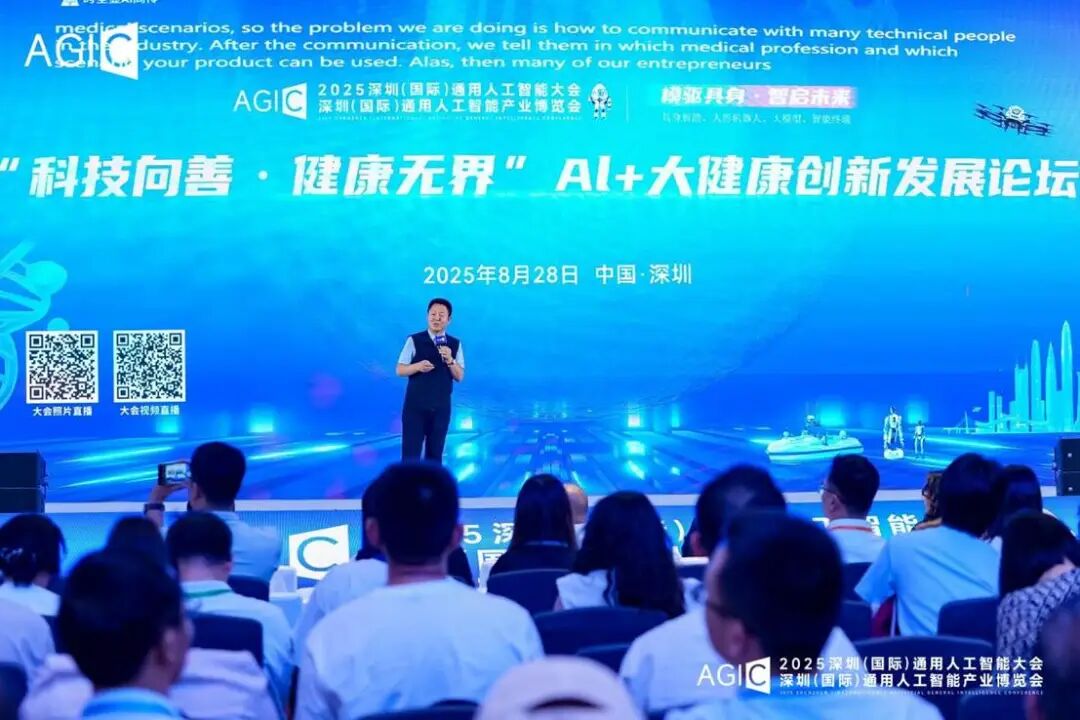
The international perspectives were equally fascinating. Professor Tomoo Marukawa of the Institute of Social Science at the University of Tokyo presented case studies on the integration of Japan's longevity economy and artificial intelligence applications, proposing innovative directions for AI in areas such as elderly health monitoring, home-based elderly care services, and chronic disease management, providing a reference for my country's response to population aging.
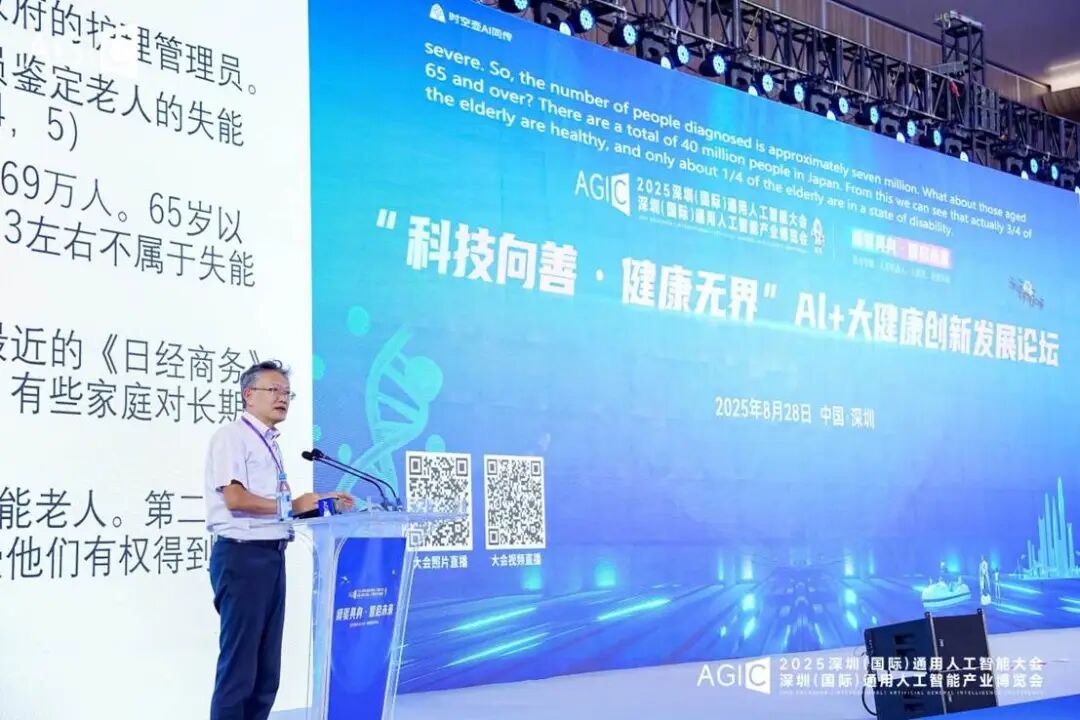
Tan Jiyong, a researcher at the University of Electronic Science and Technology of China, an expert in Zhichuang Rubik's Cube robotics, and director of the Guangdong Intelligent Systems Engineering Center, focused on the technological practice and industrial revolution of intelligent robots, sharing the challenges, achievements, application implementation, data processing, and future development directions.
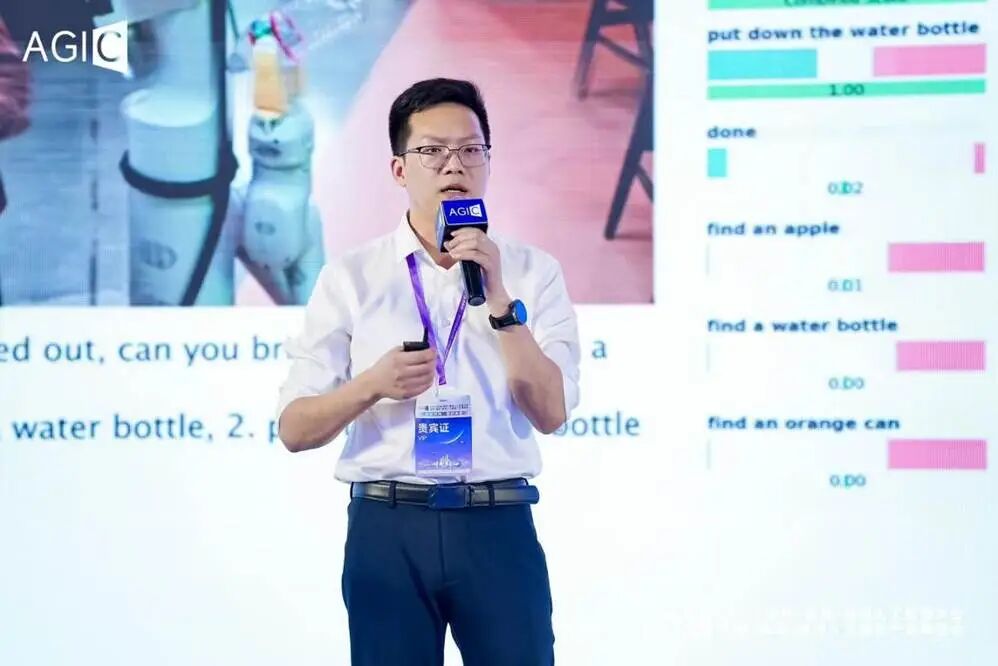
In a discussion of specific areas, Zhu Yizhun, a member of the European Academy of Sciences and Arts, Chair Professor and Associate Vice President of the Macau University of Science and Technology, discussed the current status of drug applications, focusing on the correct use of drugs, cancer treatment options, and accelerated drug development. He emphasized the role and limitations of artificial intelligence technology in these areas.
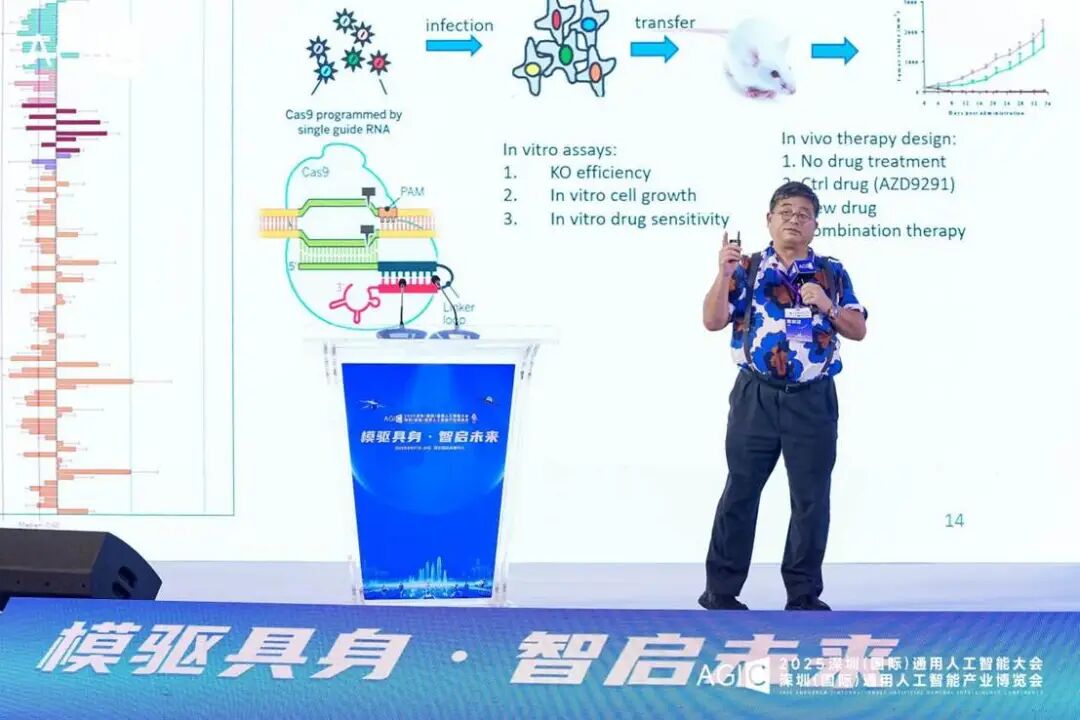
Shenzhen MateCore Technology Co., Ltd. COO Luo Shaobo proposed the concept of "AI Personal Agents for Smart Healthcare," elaborating on their potential applications in personalized health management and disease risk warning.
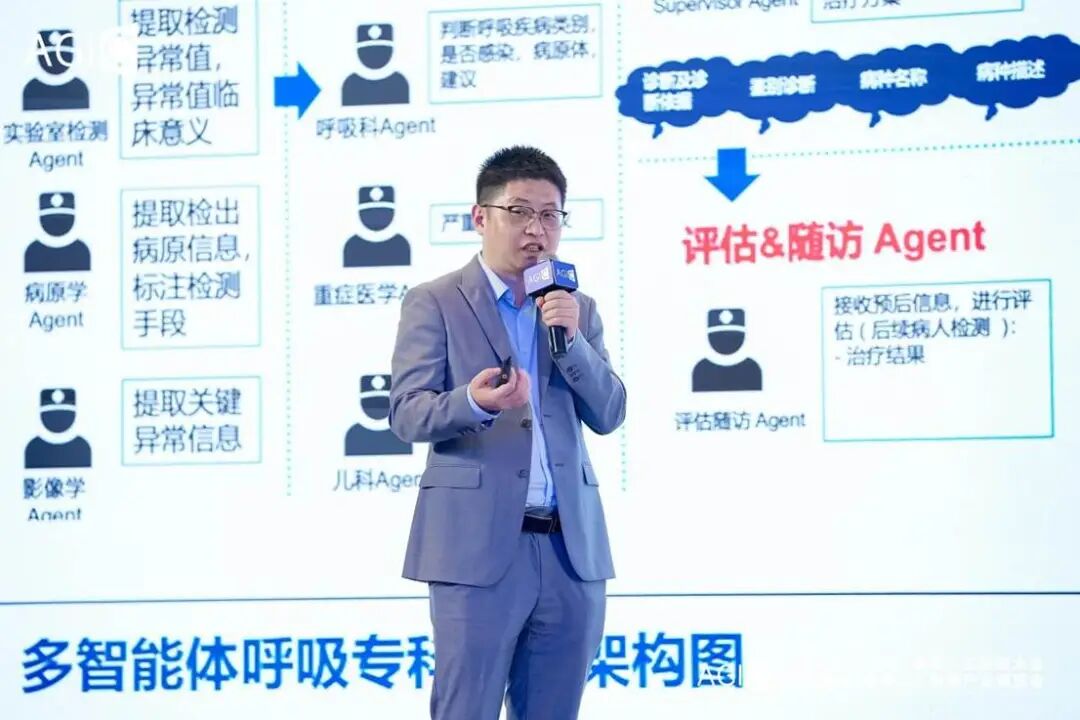
Qiannao Technology Senior Product Director Ren Ke shared the latest developments in non-invasive brain-computer interface technology, explaining the industry background, company profile, and technical principles. He introduced its application results in neurological rehabilitation and adjunctive treatment of mental illnesses, and shared positive user experiences with this technology, opening up new opportunities for AI + big health.
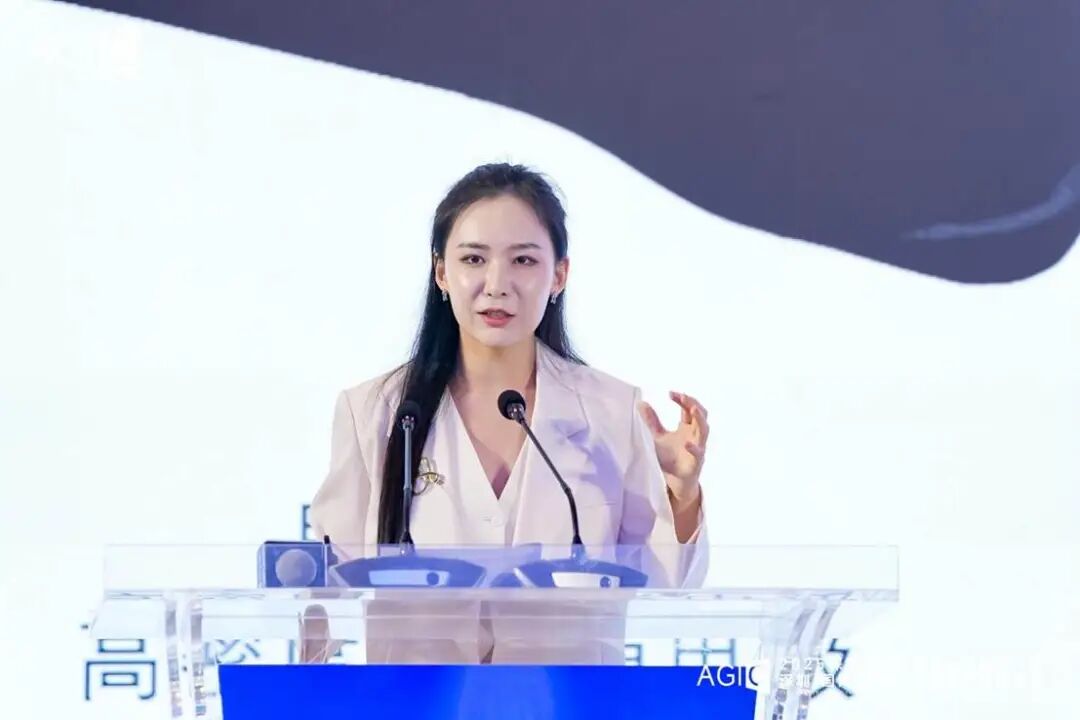
The forum comprehensively covered the core application directions and cutting-edge trends of AI in healthcare. Guests at the forum all expressed that this forum has built a valuable platform for cross-disciplinary exchanges and cooperation, and will further promote technological innovation and resource integration in the future, so that AI technology can better serve the health of the whole people. This forum also added depth and warmth to the "health dimension" of the conference, highlighting the important value of artificial intelligence in promoting the improvement of social welfare.











